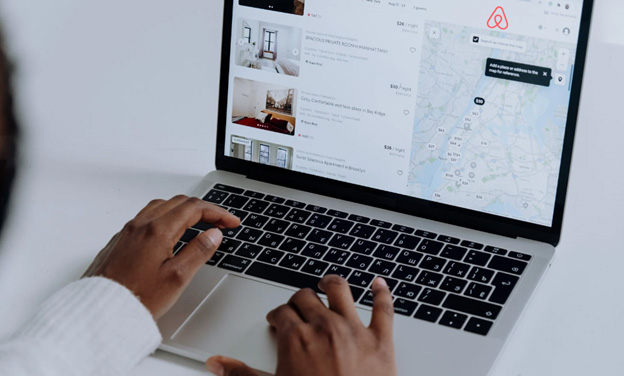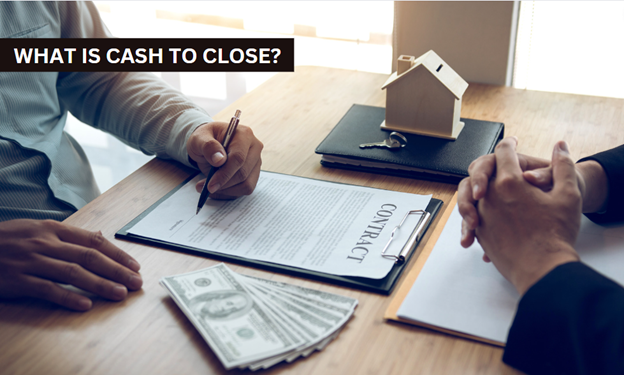Should You Help Your Kids Pay for Their Mortgage?
 Whether or not to help your kids pay for their mortgage is a personal decision that depends on your financial situation, your relationship with your children, and your beliefs about financial independence.
Whether or not to help your kids pay for their mortgage is a personal decision that depends on your financial situation, your relationship with your children, and your beliefs about financial independence.
It’s important to evaluate your own financial situation before deciding whether to help your kids pay for their mortgage. Make sure that you can afford to provide financial assistance without jeopardizing your own financial security. Your relationship with your children can also be a factor in your decision. If you have a close relationship with your children and want to help them achieve their financial goals, then providing financial assistance may be a good option.
Some parents believe that their children should be financially independent and not rely on them for financial support. If you hold this belief, you may not want to provide financial assistance to your children. If you do decide to help your kids pay for their mortgage, it’s important to set clear terms and boundaries. Will you provide a loan that needs to be repaid or a gift? How much will you provide? Will you be a co-signer on the mortgage?
When Parents Might Want to Help with a Child’s Mortgage
Below are a few situations where parents might want to consider helping their child with their mortgage:
- First-time homebuyers: If your child is a first-time homebuyer, they may not have enough savings or credit history to qualify for a mortgage on their own. In this case, you might want to consider providing a loan or gift to help them with their down payment or closing costs.
- Financial difficulties: If your child is experiencing financial difficulties, such as a job loss or unexpected expenses, they may struggle to make their mortgage payments. Providing financial assistance in these situations can help them avoid foreclosure and maintain their financial stability.
- Inheritance: Some parents choose to leave an inheritance to their children that can be used towards a down payment on a home. This can be a way to help their children achieve financial independence and build wealth.
- Family home: If your child wants to buy the family home, you may want to consider providing financial assistance to help them keep the property in the family.
Tax Repercussions
There may be tax repercussions when parents help their children with their mortgage. Here are some things to consider:
Gift tax: If you give your child more than the annual gift tax exclusion amount, you may be subject to gift tax.
Income tax: If you lend money to your child to help with their mortgage and charge them interest, you will need to report the interest income on your tax return. Your child may also be able to deduct the mortgage interest on their tax return.
Capital gains tax: If you gift your child a property that will appreciate in value, they may be subject to capital gains tax when they sell the property. However, if they inherit the property from you, they will receive a step-up in basis, which means they will only pay capital gains tax on the appreciation that occurs after they inherit the property.
The decision of whether to help your kids pay for their mortgage is a personal one that should be made after careful consideration of all the factors involved.
In any of these situations, it’s important to consider your own financial situation and to fully understand the tax implications of helping your child with their mortgage and set clear terms and boundaries for the financial assistance you provide.

 One of the main reasons people Airbnb their homes is to earn extra income. By renting out their homes to guests, hosts can earn money that can be used to pay bills, save for a vacation, or invest in their future. The decision to Airbnb your home ultimately depends on your personal circumstances and preferences.
One of the main reasons people Airbnb their homes is to earn extra income. By renting out their homes to guests, hosts can earn money that can be used to pay bills, save for a vacation, or invest in their future. The decision to Airbnb your home ultimately depends on your personal circumstances and preferences. “Cash to Close” refers to the total amount of money that a homebuyer needs to bring to the closing table to complete the purchase of a property. It includes the down payment, closing costs, and other fees associated with the home purchase.
“Cash to Close” refers to the total amount of money that a homebuyer needs to bring to the closing table to complete the purchase of a property. It includes the down payment, closing costs, and other fees associated with the home purchase.